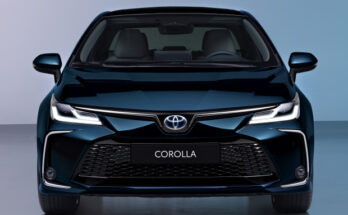Tesla earned 8 times as much profit per vehicle compared to Toyota in the July-September quarter despite being outsold more than 7 to 1, a Nikkei analysis shows, putting the American electric-vehicle maker ahead in quarterly net profit for the first time since going public in 2010.
Tesla reported a USD 3.29 billion net profit in that quarter while Toyota earned 434.2 billion yen—the equivalent of USD 3.15 billion based on the average exchange rate for the period of 138 yen to the dollar.
Related: BYD Becomes the Third Most Valuable Automaker Globally
Toyota’s decline stemmed in part from extraordinary factors. The automaker is currently shouldering increased material and electricity costs for its suppliers. Higher materials costs, including such assistance to suppliers, pushed down quarterly operating profit by 450 billion yen (USD 3.07 billion), which was only partially offset by a 370 billion yen boost from a weak yen. It also booked one-time expenses of 96.9 billion yen from shutting down production in Russia.
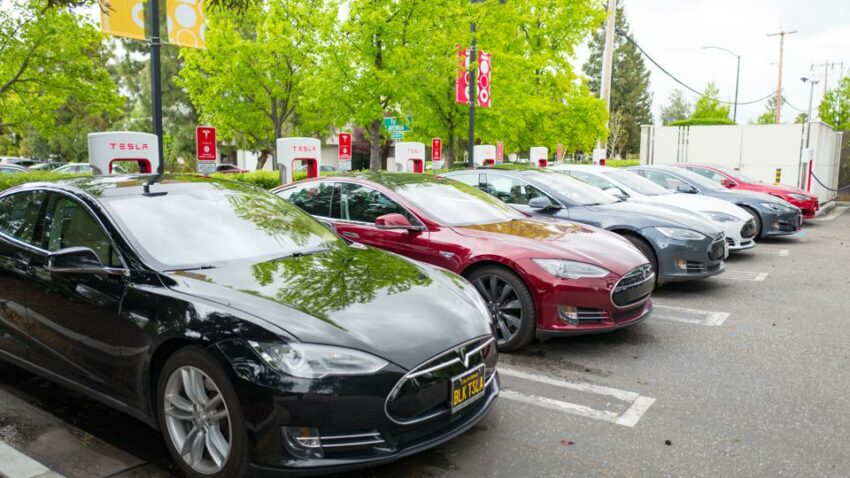
Tesla has become one of the most profitable automakers in the world. Though its net profit fell short of Mercedes-Benz’s in July-September, it outearned both BMW and Volkswagen. Tesla’s success stems largely from the profitability of each of its cars. The Toyota group sold 2.62 million vehicles in the quarter, 7.6 times as many as Tesla’s 344,000. But its net profit per vehicle came to around USD 1,200—just one-eighth of Tesla’s USD 9,570. Tesla is believed to lead the industry in terms of net profit per vehicle sold, even ahead of players like Mercedes-Benz.
Related: BYD-Powered Tesla Model Y Approved by the EU
Tesla’s profit per vehicle has grown especially quickly since April-June 2021. Investors have responded favorably to the gains, and the company’s market capitalization was roughly triple to Toyota’s at around USD 655 trillion. The gap is a result of the fundamentally different strategies pursued by the two automakers. Toyota offers a wide range of vehicles from gasoline-powered cars to hybrids, electrics and fuel-cell vehicles, and at a variety of sizes and price points.
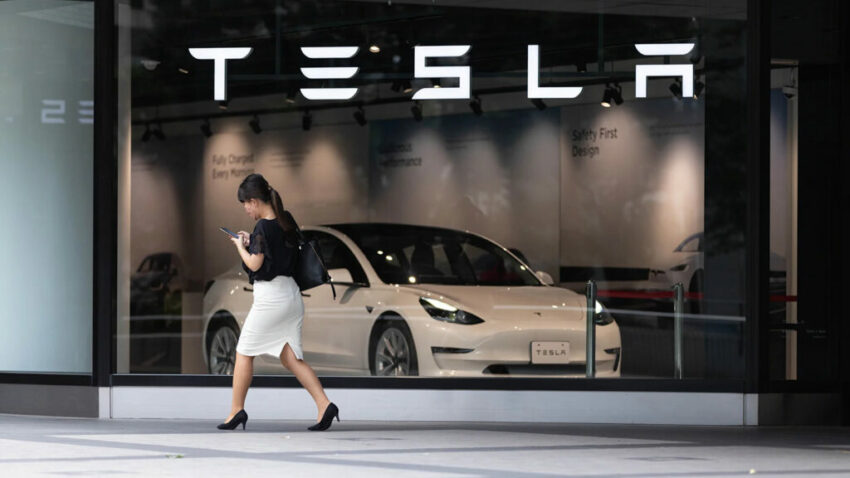
Meanwhile, Tesla has focused solely on EVs. The Model Y and Model 3 account for over 90% of its sales, which have nearly doubled in two years despite their relatively high price tags. Even the cheaper Model 3 starts at around USD 40,000 in the US. Confident in its strong brand appeal, Tesla has not hesitated to raise prices to pass on higher material costs to customers. It also started offering lucrative self-driving software as an add-on option ahead of rival automakers.
Related: BYD Surpassed Tesla to Become the Bestselling EV Maker in H1-2022
Tesla has been installing so-called Giga Press casting machines to reduce the steps needed for assembly. In general, the use of such a machine could undercut quality but speed up mass-production. Teslas are also sold directly online in principle, a method that offers higher margins than selling via dealerships.
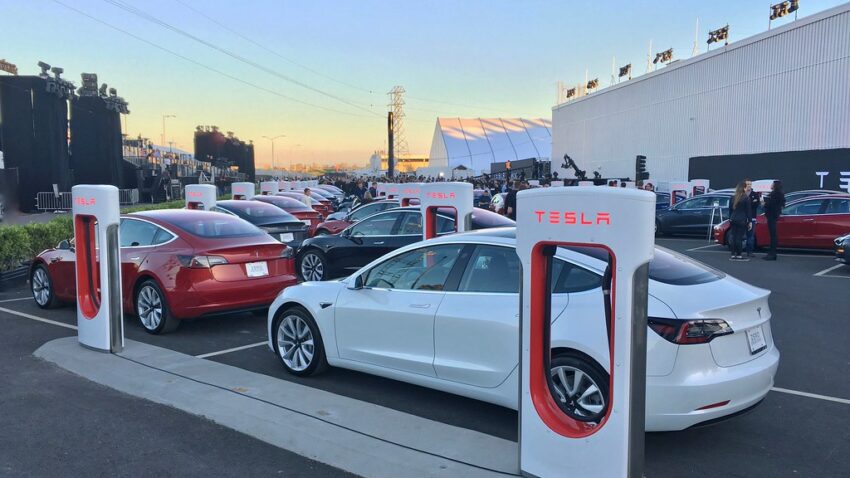
EVs are becoming widespread much faster than experts had anticipated. Boston Consulting Group in June said the share of EVs in global new car sales would reach 39% in 2030, upgrading the estimate it issued a year earlier by 11 points. The group cited tighter environmental regulations in the US and Europe, lower costs and higher demand in revising the figure.
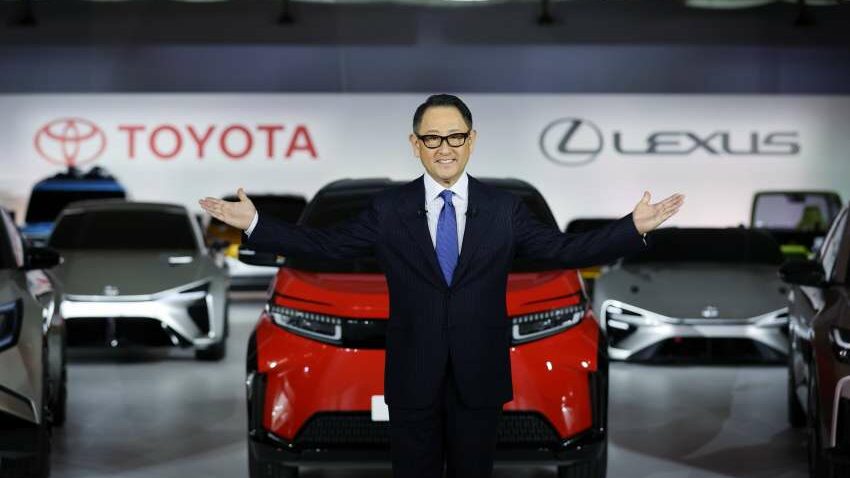
Toyota has set the goal of selling 3.5 million EVs in 2030, but currently the bZ4X is its only mass-produced model, which the bZ3 is slated to go on sale in China towards the end of this year. A top Toyota official said at an earnings briefing on 1st November 2022 that the automaker is exploring other options for mass-producing EVs, while another betrayed a sense of urgency, saying “We cannot lose out in EVs.”
Related: Toyota bZ3 to Rival Tesla Model 3 in Europe
Electric vehicles still face challenges. “In regions that are heavily reliant on fossil fuels, EVs are not the best solution to cutting carbon dioxide emissions,” said a top Toyota official. Furthermore, charging infrastructure remains insufficient and further technological advances are needed.
Source: Nikkei

A computer animation professional with over 23 years of industry experience having served in leading organizations, TV channels & production facilities in Pakistan. An avid car enthusiast and petrolhead with an affection to deliver quality content to help shape opinions. Formerly written for PakWheels as well as major publications including Dawn. Founder of CarSpiritPK.com



